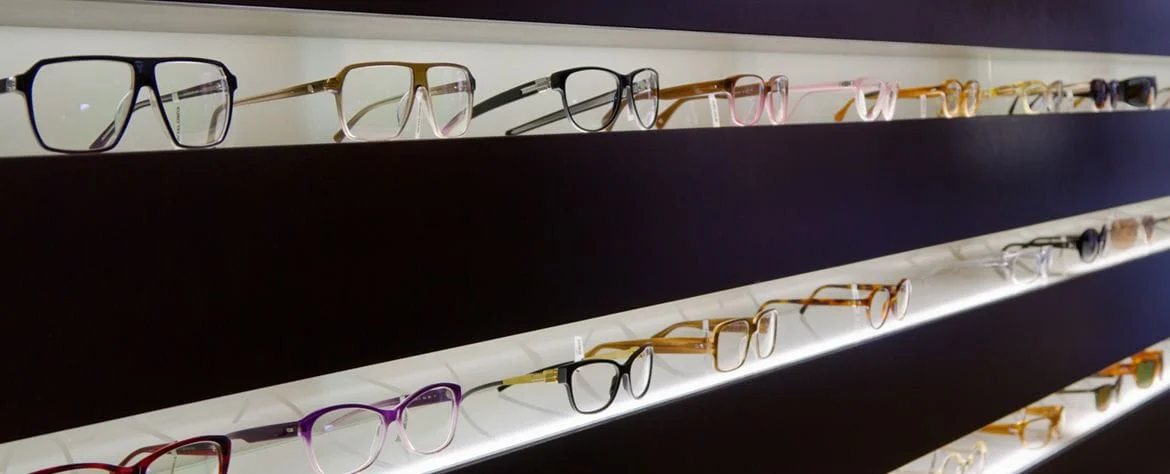No Drops, No Dilation with Optomap Retinal Eye Examination!
Did you know that every system in your body has cell representatives in your eyes? For example, if you suffer from high blood pressure, diagnosed or not, tiny hemorrhages resulting from the high blood pressure can be seen in your eyes! Likewise with diabetes, and forms of cancer such as breast cancer and melanoma. It has been said “the eyes are the window to the soul.” Well, they are also a reflection of your health. Each year, during your comprehensive eye exam your doctor will want to check the health of your eyes. There are 2 methods doctors use for this; Optomap, or dilation. Infirmities potentially requiring outside medical attention found during this portion of your exam are (to name a few):
1. Retinal holes, tears and detachments, requiring the immediate attention of a retinal specialist.
2. The presence of drusen on or near the macula, indicating the onset of Age related Macular Degeneration (AMD), and requiring genetic testing, intensely monitored care and a macular protecting  supplement protocol.
supplement protocol.
3. Hemorrhages, detecting uncontrolled diabetes, or high blood pressure, requiring the immediate attention of your primary care physician.
4. Choroidal nevus which is a fancy term for a freckle is very important to monitor because just like on your skin, it has the potential to become uveal melanoma. Metastatic melanoma can often be represented in the eye. Also, secondary tumors resulting from breast cancer have been historically detected in the eye.
Optomap vs. Dilation
Optomap:
• A high resolution photo-document of your retinal health for YOU to view as well as your doctor!
• Image is kept with your medical records, and transferrable to any doctor, anywhere.
• Your doctor can compare your current image to past images and detect ANY changes in your eye health, e.g., the size and shape of an ‘eye freckle’, or a retinal hole.
• It takes only minutes, and there are no side effects!

Dilation:
• The doctor uses special ‘drops’ which dilate the pupils of your eyes. The drops take around 20 minutes to take effect. Your eyes stay dilated for up to 5 hours. You will experience light sensitivity, and near vision blurriness for as long as your eyes are dilated.
• The doctor then looks into your eye with a lighted headset, with a visibility of about 15º at a time. Then, articulates with words and drawings about what is seen in your eyes. This is what is kept in your medical record to monitor changes in your eyes throughout the years. With every potentially life and sight threatening issue one can possibly imagine, the best form of combat is early detection. It is for this reason primarily that our doctors at Eye Contact recommend using the Optomap instead of Dilation as a method to check the health of your eyes. Yes, the Optomap is more convenient, taking virtually no time at all, versus dilation which adds 30 minutes to your exam time and distorts your near vision for the rest of the day. However, this convenience to you is simply a bonus to the doctor. As our number one priority is to help you stay healthy, and seeing at your best, our doctors prefer the Optomap.
At Eye Contact in Madison you can receive this important new technology that allows image capture of retina in .25 of a second.
Visualization of the entire retina is important in understanding and maintaining eye and general health. As part of your next eye examination, make Optomap a part of your exam with us and experience the convenience of not having your eyes dilated.
In an episode of "The Doctors", ophthalmologist Dr. Kerry Assil performs a real-time high-tech eye care exam on Meaghan. The Optomap® Retinal Exam by OPTOS. Eye Contact has utilized this technology since 2003! The exam can detect diseases such as glaucoma, diabetes, macular degeneration... For more information, click the Optos website: Optomap




